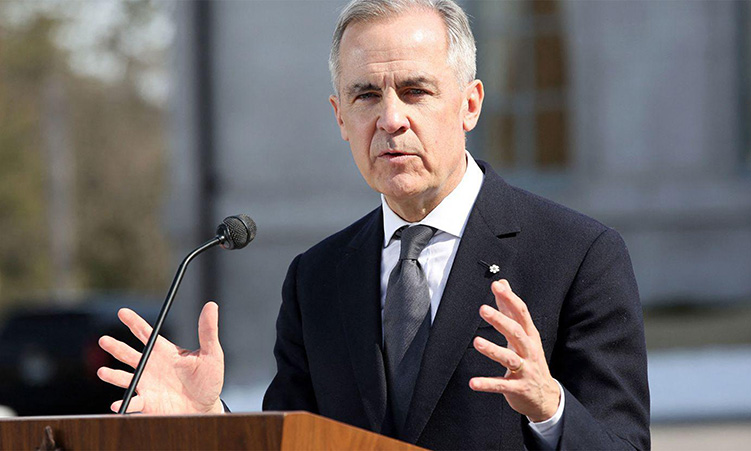THE safeguarding of Namibia’s national and regional interests under an Economic Partnership Agreement (EPA) with the European Union (EU) are stressed in a resolution taken by the 156-member African-Caribbean-Pacific (ACP) and EU Joint Parliamentary Assembly on Thursday.
Namibia has so far agreed to only provisionally initial the interim EPA with the economic powerhouse because of fears that its national interests might be compromised by no longer protecting infant industries, as well as job and revenue losses, to name but a few. The country’s regional interests may also be at stake as one of the major concerns is that EPAs will hamper regional integration.However, the ACP-EU JPA adopted a resolution that ‘[the assembly] insists that EPAs are an instrument for development which should reflect both the national and regional interests and the needs of the ACP countries.’ The resolution also urges the European Commission (EC) to renegotiate contentious issues with ACP countries and to allow them sufficient time to evaluate the agreement. EPAs should not be concluded ‘under pressure or in haste’, the ACP-EU JPA concluded.Glenys Kinnock, Co-President of the ACP-EU JPA, in her opening statement at the 17th session in Prague last week, admitted that the interim EPAs were initialled ‘in haste’ and said that the ACP’s demand to revisit the agreement remains a ‘key element’ in the negotiations.Kinnock reiterated Trade Commissioner Catherine Ashton’s commitment to a ‘new flexibility’, a ‘willingness to reduce pressure’ on the ACP and to ‘refrain from telling them to just get on with it and sign on the dotted line’.She advised ACP countries like Namibia to consider seeking ‘strong and unequivocal written assurances’ from Ashton and EC President Manuel Barroso that ‘what has been agreed in negotiations will be honoured’. An annex or declaration could be attached to the interim EPA, confirming what was agreed by all parties, she suggested.’And I look at colleagues from the Southern African Development Community (SADC) as I say this, who are currently grappling with this situation,’ Kinnock emphasised.The ACP-EU JPA resolution states that neither the conclusion nor the renunciation of an EPA should lead to a situation where an ACP country may find itself in a less favourable position that it was under the trade provisions of the Cotonou Agreement, which preceded the EPAs. EPAs may also not be tied to the release of money under the 10th European Development Fund (EDF) or Aid for Trade, it stresses.The eight-page resolution also singles out local industry and says that the EPAs ‘must provide firm guarantees of protection for those sectors which the ACP countries identify as sensitive’. It calls for transparency in the negotiations so that policy-makers, parliamentarians and civil society representatives can ‘scrutinise’ the agreement. Furthermore, the resolution urges the EC to compensate ACP countries for the net loss of customs revenue, estimated to run up to US$359 million a year during the first phase of EPA liberalisation.According to the resolution, EPAs should contain a clause that would allow the agreement to be revised five years after it was signed. This will enable countries to determine the impact of the EPA on themselves, as well as on regional development and poverty reduction. It should not merely measure EPA compliancy levels. Instead, EPAs should have a mechanism to allow the amendment or repeal of any aspect of the agreement that undermines a process of regional integration or damages chances of reducing poverty, the resolution emphasises.jo-mare@namibian.com.na
Stay informed with The Namibian – your source for credible journalism. Get in-depth reporting and opinions for
only N$85 a month. Invest in journalism, invest in democracy –
Subscribe Now!










